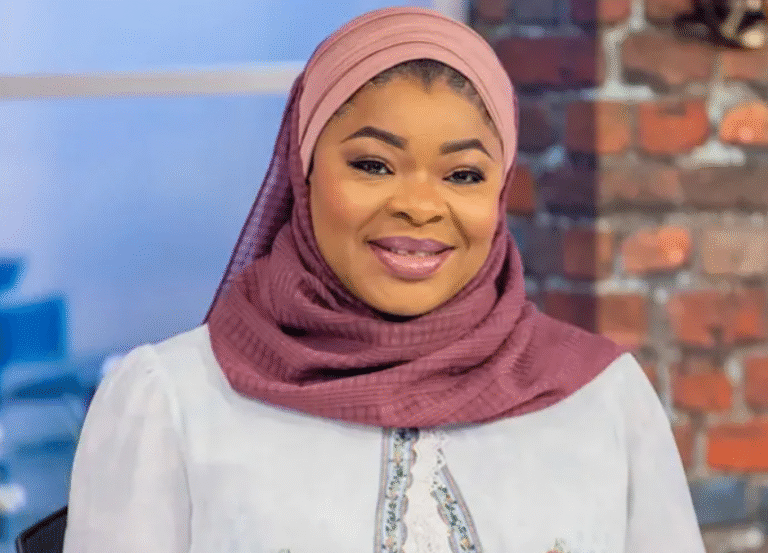Deputy Presidential Spokesperson Shamima Muslim has added her voice to the growing calls for a review of Ghana’s four-year presidential term, describing it as “wholly insufficient” for any government to achieve meaningful transformation.
Speaking on TV3’s New Day on October 30, Muslim said the country’s current political cycle creates instability and hinders long-term development.
“It is true that the four-year term is wholly insufficient if we are truly to change the path and trajectory of our development,” she said.
“Expensive elections that begin and start upon the end of another election don’t look like a practical way of managing your very scarce resources.”
She explained that the short-term leaves little room for effective governance, as the first year is often spent on appointments and the remaining years are dominated by political competition.
“Year one is literally spent making appointments. By year two, even in year one, people are already talking about who leads which political party and who takes over from which political party,” she noted.
While acknowledging that extending term limits can raise concerns about abuse of power, Muslim argued that there could be creative ways to ensure continuity without undermining democracy.
“Even if we do not want to extend the term limits, we must look at the possibility of allowing multiple terms for political party candidates,” she proposed.
“Once a political party elects someone to lead, that person should be able to go more than two terms if the people themselves see that we are on a certain transformative path that requires continuation.”
She stressed that the people would still have the power to decide through elections whether a leader or political party deserves to continue in office.
“If we have a bad president, we are not stuck with them. You simply don’t vote for that person for a second term,” she said.
“But if a political party feels it has a long-term plan depending on its performance, the mentality towards development will be different from one that feels it has so limited a time.”
Ms. Muslim suggested that giving political parties more flexibility in choosing their leaders beyond the traditional two-term limit could encourage better planning and accountability.
“Allow the parties to decide who they want to lead them, even beyond a two-term limit. If a party decides to vote someone for three terms because that person’s vision is delivering results, let them. Then the nation goes into an election to decide if it still wants this party or not,” she said.
She added that this could allow governments a 12- to 15-year window depending on the system adopted to implement consistent development policies.
However, she acknowledged that longevity in office does not automatically translate to good leadership.
“It is true that longevity doesn’t always guarantee good leadership. In that case, it is the people that will make the difference,” she said.
“Citizens must assert their right to choice and push for the necessary reforms when leadership goes off track.”
Muslim also pointed out that in many countries claiming to practice democracy, elections are often compromised, emphasizing the need for civic responsibility alongside democratic freedoms.
“In our part of the world, we seem to promote more freedoms without corresponding responsibilities,” she observed.
“We want to enjoy unbridled rights without having the conversation about what responsibilities we must uphold to contribute to development.”
She concluded by urging stakeholders to use the ongoing constitutional review process to reimagine Ghana’s political framework for sustainable growth.
“This is an interesting conversation we must continue to have,” she said.
“Possibly, the Constitutional Review Committee will give us what we need to have this conversation because it would be detrimental to the country if we don’t.”
Source:Lovinghananews.com


